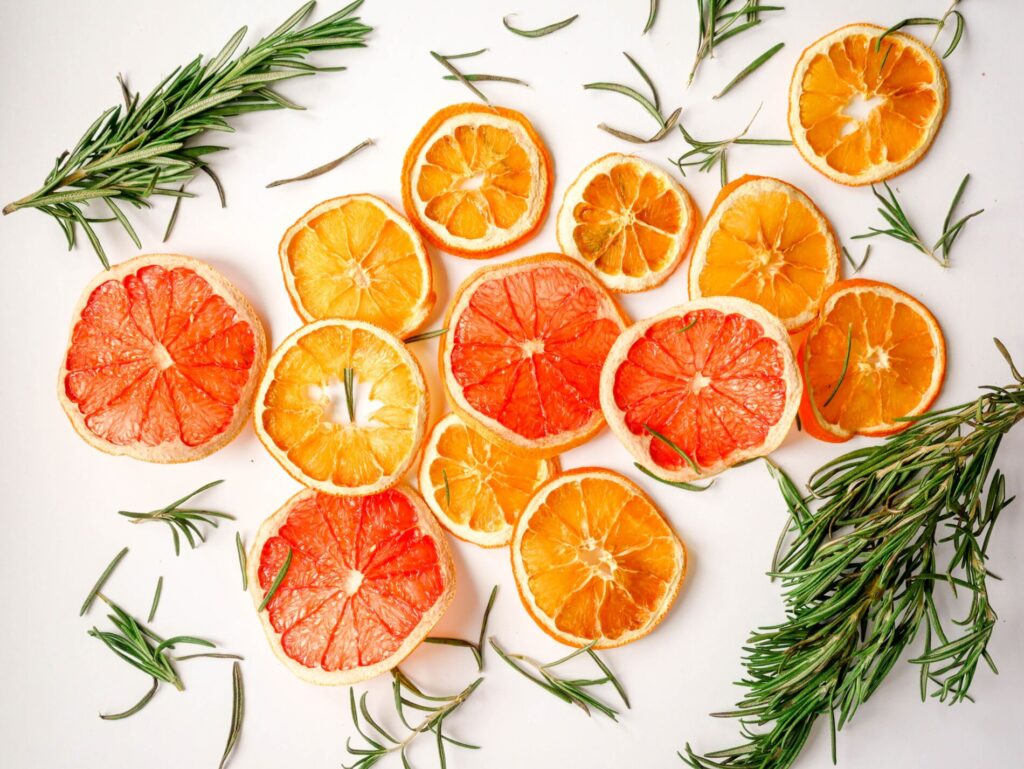For years it was thought the cause of indigestion, stomach ulcers, and gastric reflux was the presence of too much acid in the stomach. However, research shows the cause of these issues is actually too little stomach acid. Stomach acid, or hydrochloric acid (HCL), is necessary to ensure the proper digestion of your food, protect you from pathogenic bacteria, and prevent the backflow of food into your esophagus and throat. If our stomach is not acidic enough, our gastro-esophageal sphincter will not close and we can get back flow of acid into our throat (esophagus) which causes heartburn (gerd). Without adequate stomach acid, vitamins and minerals such as calcium, magnesium, iron, and vitamin B12, are not fully absorbed into the body. For example, if you are supplementing with calcium and magnesium in an effort to improve the strength of your bones but do not have enough stomach acid, the supplements will not be effective.
To determine whether you have adequate stomach acid, your doctor will have you perform one of the two tests below:
- First thing in the morning, before eating or drinking anything, mix ¼ tsp baking soda in 4 to 6 ounces of cold water. Drink the baking soda solution and set a timer for 5 minutes. Record and note the time anything happens over the next five minutes and bring the results to your doctor at your next visit.
- The betaine HCL test requires some trial and error, but you will finish the test with an exact dosage for how much HCL you need supplementally. For this test you will start by taking one betaine HCL pill right before eat. If you do not feel a “burn”, you will then take two pills right before your next meal. You will continue to up the pills one by one for each meal until you feel a burning sensation. Once you feel a burn, you will take one pill off and this will become your dosage. Once you begin to feel a burn at this dosage, you will again drop by one pill. This is not a long-term solution for lack of stomach acid, but it is a good way to kick start your digestion. It will also aid in vitamin and mineral adsorption so you have the energy and motivation to improve stomach acid naturally through weight-bearing exercise, improved posture, and stress management strategies. When dosing the supplement if you have an uncomfortable burn you can drink some baking soda in water to neutralize the acid. Make sure to lower the dosage at the next meal.
If your doctor determines your stomach acid levels are too low, here are some natural ways to boost HCL production in the stomach and ensure healthier digestion:
- Consume apple cider vinegar. Put ½ tablespoon up to 2 tablespoons in 8-12 ounces of water. Drink this solution first thing in the morning and before bed. If apple cider vinegar makes you nauseous, start with ½ tbsp and slowly build up to 2 tbsp.
- If you don’t struggle with heartburn add fresh squeezed lemon or lime juice to your water and drink throughout the day.
- Eat grapefruit and fermented foods (sauerkraut, kombucha, pickled foods (pickled beets, etc) to help stimulate HCL production. Eat pineapple and papaya to increase digestive enzymes.
- Use vinegars (red wine, white wine, balsamic, etc.) as a salad dressing or marinade.
- Drink celery or cabbage juice.
- Chew on celery, pumpkin seeds, or beeswax throughout the day. In addition to stimulating HCL production, this will also help heal your stomach lining, and boost metabolism for fat loss.
- Mindfully chew your food. The physical act of chewing will stimulate HCL production and help digest your food via adequate release of salivary enzymes triggered in the mouth by chewing.
- Limit fluid intake with meals as it dilutes your stomach acid. Drink your fluids in between meals.
- ONE glass of wine with a meal can help add some acidity to your stomach to aid with digestion
- To improve digestion after meals limit sitting and laying down, go for light walks, perform light chores, stand, etc.
Finally, make sure you are in a calm and relaxed state before eating your meals. When you are in a stressed state (sympathetics), your body does not produce stomach acid or digest your food. Take 4 deep, slow breaths prior to eating, reflecting on how lucky you are to have an abundance of healthy food to fuel your body. Gratitude is excellent for your brain and digestive health!
If you have sensitivities or allergies to any of the suggested foods on the list please continue to avoid them and consume the ones you can tolerate. Food allergies and sensitivities start because of increased sympathetics and therefore decreased stomach acid. As we repair your gut, increase stomach acid, and decrease sympathetics you will begin to tolerate foods you couldn’t tolerate prior.
If you struggle with heartburn (GERD) it is best to avoid citrus, caffeine, alcohol, spicy foods, peppermint, and eating after 7pm as we repair your stomach. These foods and activities can cause relaxation of your stomach valve which can cause regurgitation of acid into your throat/chest.
Post Written by Dr. Riley Kulm, DC, and Dr. Ryan Dunn, DC.


